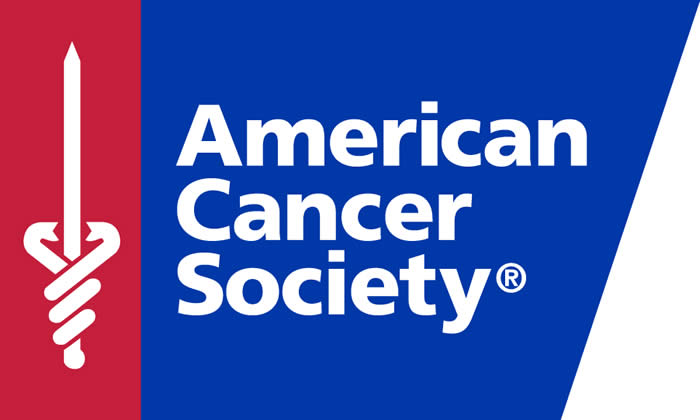Surgeon General’s Report Confirms Steps Necessary to Break the Chain of Youth Tobacco Addiction
(3BL Media) Washington, DC - March 9, 2012 - The U.S. Department of Health and Human Services (HHS) and the Office of the Surgeon General this morning released their 31st tobacco use report, titled Preventing Tobacco use Among Youth and Young Adults. The report includes updated information about the patterns and trends of youth tobacco use, its health effects, the influence marketing by the tobacco industry has on youth initiation and prevalence, and efforts that must be implemented in order to curb these trends.
“This report highlights the urgent need to employ proven methods nationwide that prevent young people from smoking and encourage all smokers to quit, including passage of smoke-free laws, increases in tobacco excise taxes and fully funded tobacco prevention programs,” said John R. Seffrin, chief executive officer of the American Cancer Society and the American Cancer Society Cancer Action Network (ACS CAN). “The report is evidence that strong implementation of the Family Smoking Prevention and Tobacco Control Act, which grants the U.S. Food and Drug Administration (FDA) the authority to regulate the manufacture, sale and marketing of tobacco products, is vital to stopping the influential marketing messages being delivered to teens on a daily basis by Big Tobacco.”
An estimated 3,800 kids pick up their first cigarette every day and 9 in 10 current smokers started before the age of 18. Nearly one in four high school seniors smoke and two new smokers under age 25 replace every person who dies from tobacco use. After years of progress, declines in the use of tobacco by youth and young adults have slowed for cigarette smoking and stalled for smokeless tobacco use. Ninety-nine percent of all first-time tobacco use occurs by age 26 and many of the long-term diseases associated with smoking, such as lung cancer, are more likely among those who begin to smoke earlier in life.
“Combating tobacco use requires a multi-pronged approach that includes strong federal regulation, higher tobacco excise taxes, comprehensive smoke-free laws, sustained public education campaigns, school-based policies and programs, and strong tobacco prevention and cessation programs,” said Christopher W. Hansen, president of ACS CAN. “Today’s report shows that despite tough budget times, it is critical that states fund evidence-based tobacco control programs, based on the Centers for Disease Control and Prevention’s Best Practice recommendations.”
Read More.

